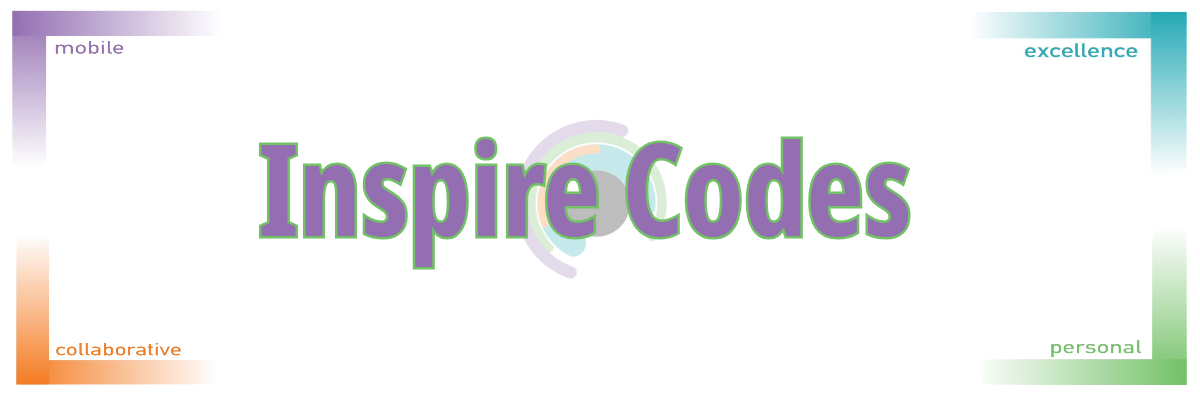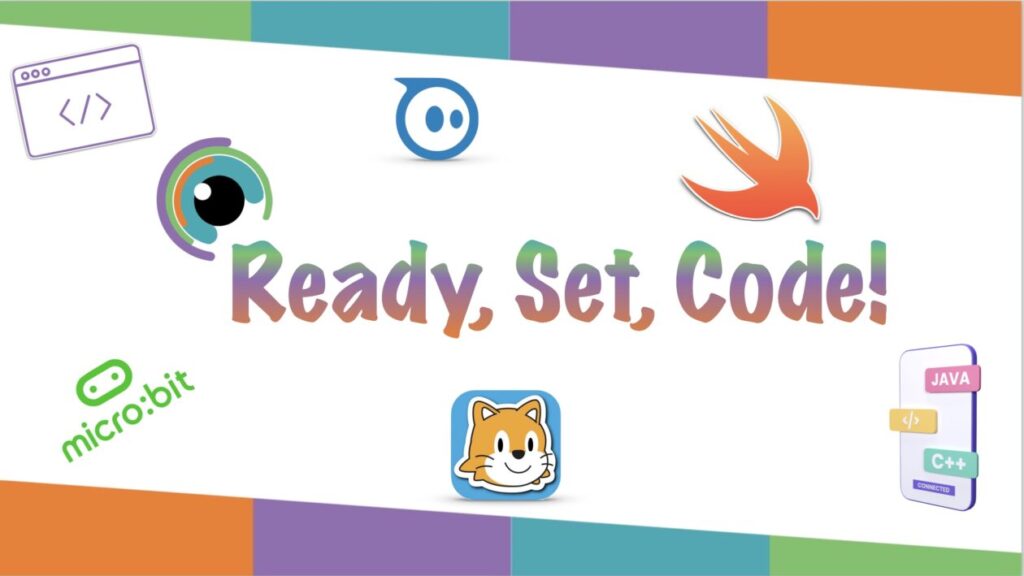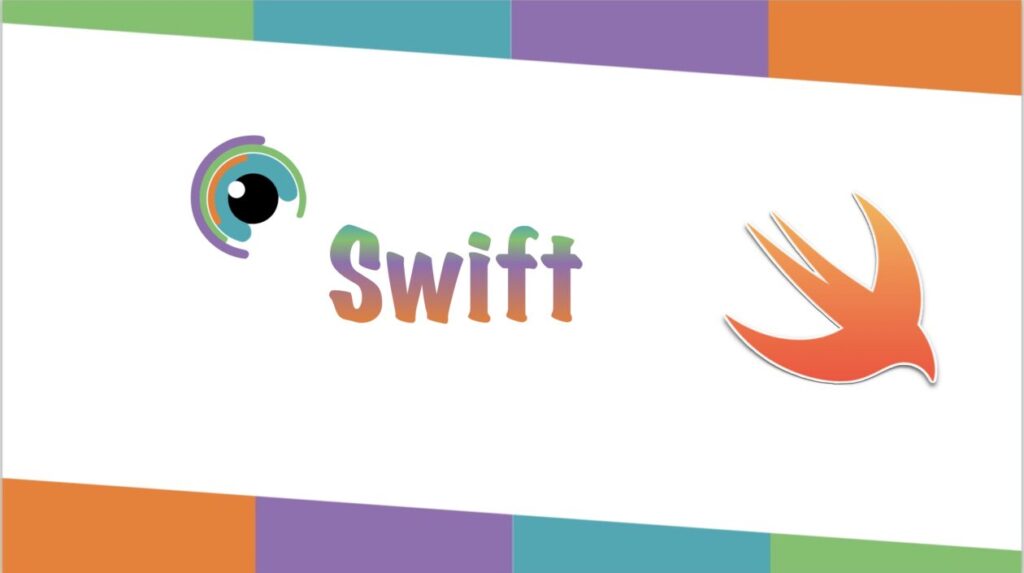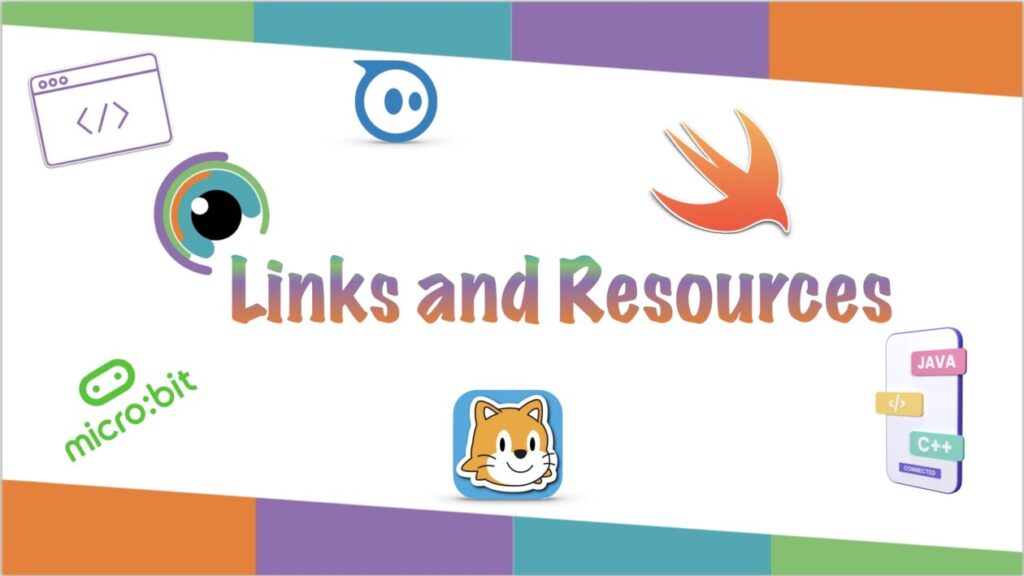Why Code?
Coding is important for young learners. It offers numerous benefits that extend beyond programming itself. Here are some key reasons why coding is considered important for young learners:
- Critical Thinking Skills: Coding involves problem-solving and logical thinking. It encourages young learners to break down complex problems into smaller, manageable parts and develop step-by-step solutions. This enhances their critical thinking and analytical skills.
- Creativity and Innovation: Coding allows students to express their creativity by creating digital projects, games, websites, and more. It fosters innovation as learners experiment with different ideas and find unique solutions to problems.
- Future Job Opportunities: In our increasingly digital world, there is a growing demand for individuals with coding skills across various industries. Introducing young learners to coding early on provides them with valuable skills for future job opportunities in technology, computer science, and related fields.
- Understanding Technology: Coding helps students understand how technology works. It demystifies the devices and software they use daily, empowering them to become not just consumers but also creators of technology.
- Logical Sequence and Order: Coding requires clear and precise instructions. Learning to code teaches young learners the importance of sequencing and order in tasks, as even small errors in code can lead to unexpected results.
- Persistence and Resilience: Coding often involves trial and error. Young learners develop persistence and resilience as they encounter and overcome challenges in coding projects. This mindset is valuable not only in coding but also in various aspects of life.
- Collaboration and Communication: Coding projects often involve collaboration, especially in real-world scenarios. Learning to code teaches students how to work in teams, communicate effectively, and share ideas with others.
- Cross-disciplinary Learning: Coding is not isolated to computer science. It integrates concepts from mathematics, science, and even the humanities. It promotes a holistic approach to learning, breaking down subject silos and showcasing the interconnected nature of knowledge.
- Adaptability: Coding languages and technologies evolve, requiring continuous learning. By starting early, learners develop an adaptable mindset and a comfort with ongoing learning, which is crucial in today’s rapidly changing technological landscape.
- Digital Citizenship: Understanding coding also fosters digital literacy and responsible use of technology. Young learners become aware of ethical considerations, cybersecurity, and the impact of technology on society.





